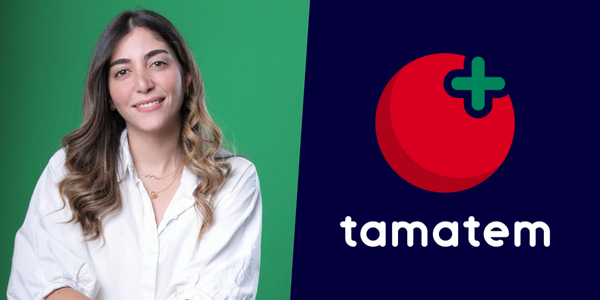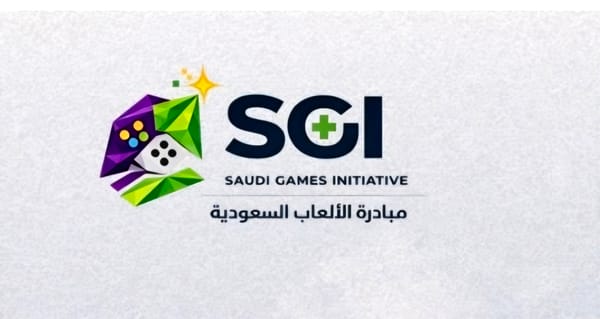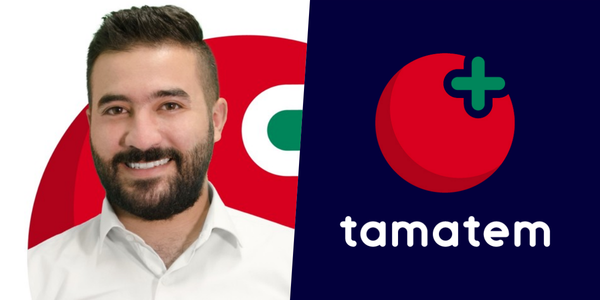The Middle East wants to build the future of games - and it just might
For the kingdom, games are no longer just a passing interest
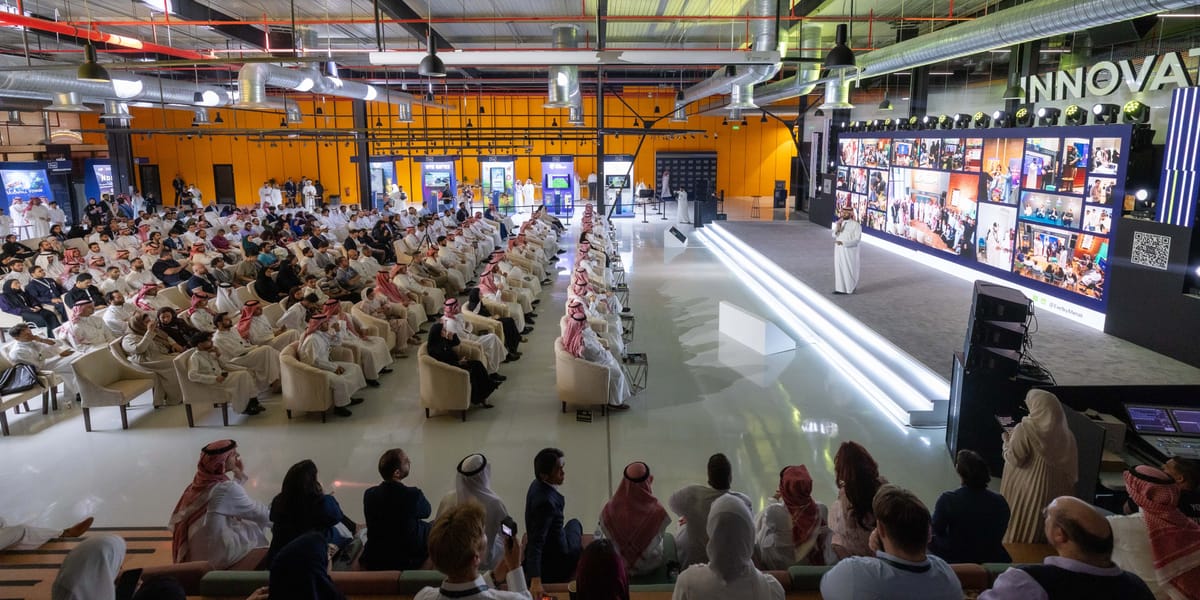
From Saudi Arabia’s hosting of the first-ever Esports World Cup in Riyadh to the UAE’s Gaming Visa program, the Middle East is positioning itself not just as a participant in the global games industry, but as a central architect of its future.
Saudi Arabia and the UAE are relentlessly pursuing opportunities to host, fund, and shape gaming at every level - whether through billion-dollar investments, infrastructure building, or initiatives designed to attract global talent. And increasingly, it seems to be working.
Vision 2030 and beyond
These ambitions are deeply tied to Saudi Arabia’s Vision 2030 and the UAE’s own long-term strategies, which seek to diversify economies away from oil and toward technology, entertainment, and innovation. For both nations, games are no longer just a passing interest; they are positioned as strategic pillars of the future.
In Saudi Arabia, this is evident not only in major esports spectacles but also in the rapid rise of investment vehicles like Merak Capital’s $80m games fund and Impact46’s $150m gaming fund dedicated to backing local and regional developers.
Support for game startups
Exel by Merak, Saudi Arabia’s first major gaming accelerator, showcased this ambition at its debut Demo Day. Seventeen startups, chosen from over 300 applicants, each received $300,000 in equity investment, plus mentorship from global leaders and access to partners like Microsoft and AWS.
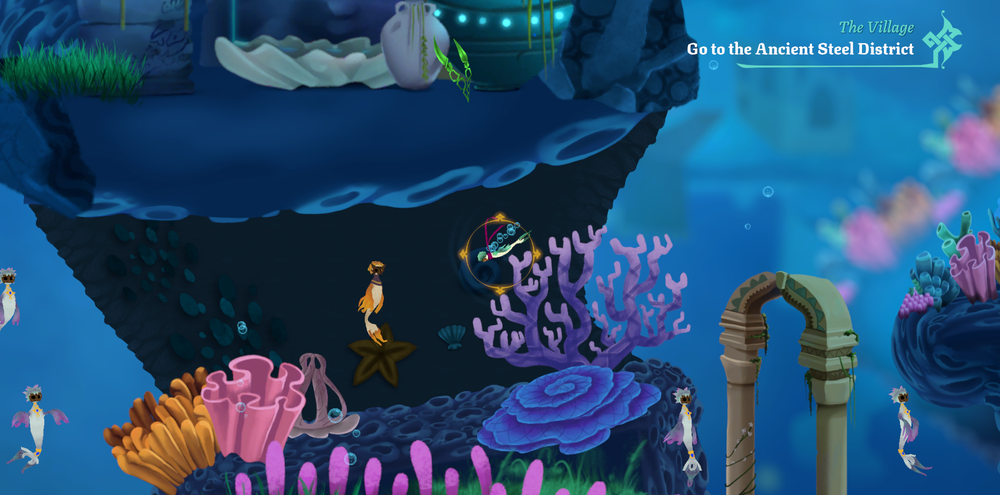
The event didn’t just highlight new studios - it sent a clear signal that the Kingdom aims to build a sustainable pipeline of game creators rooted in local culture but primed for global markets.
Similarly, Impact46 recently committed $6.7m across five Saudi-based studios. These investments reflect a growing creative diversity in the region, from culture-inspired mobile titles to immersive PC and hybrid-casual experiences.
Infrastructure and global talent
The region’s ambitions go well beyond funding. Saudi Arabia’s Esports World Cup and Gamers8 festival are drawing global talent with record-breaking prize pools, while the UAE’s Program for Gaming 2033 aims to create 30,000 jobs and boost GDP by $1 billion.
Dubai’s Gaming Visa initiative further cements the UAE’s role as a magnet for international developers, designers, and esports professionals seeking new opportunities.
The esports factor
Esports is perhaps where the Middle East’s ambitions shine most visibly. With some of the world’s largest tournaments now hosted in Riyadh and Dubai, the region is pushing esports into the global spotlight.
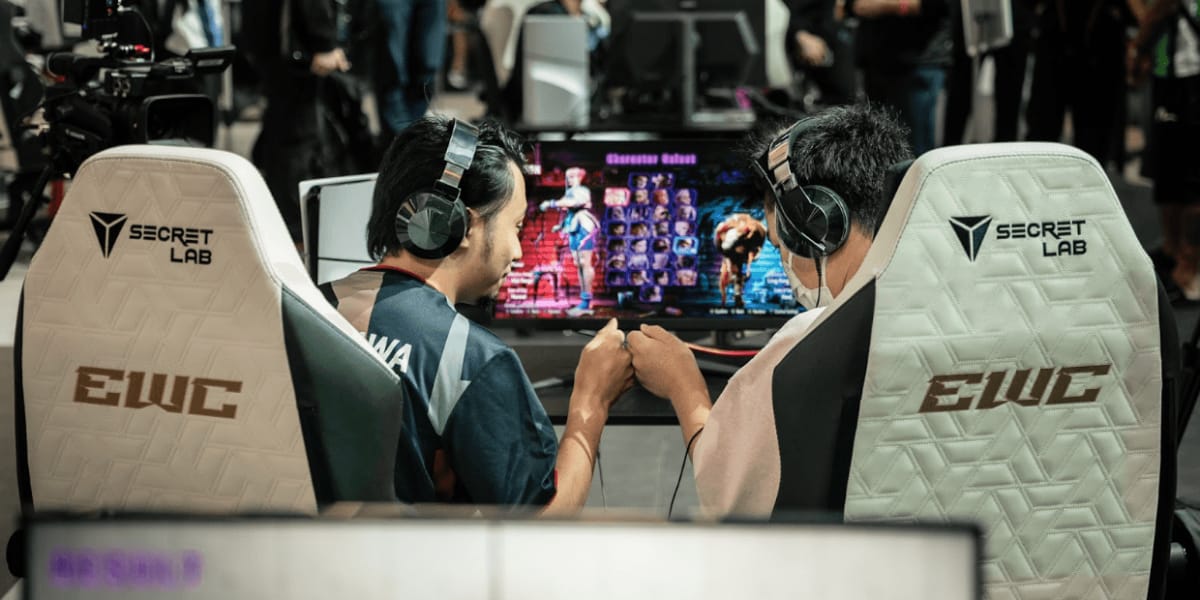
This visibility not only legitimizes esports as a mainstream activity but also creates new professional pathways for players, organizers, and broadcasters across the globe.
A rising hub with caveats
While there’s much to celebrate, the concentration of so much influence within just two countries does raise questions. Will this centralization help the global ecosystem flourish, or could it limit diversity of voices and opportunities elsewhere?
With vast financial resources, visionary strategies, and a willingness to bet big on games, Saudi Arabia and the UAE are building an ecosystem that could reshape the industry. The challenge now is ensuring that this growth benefits not just the region, but the global games community as a whole.



